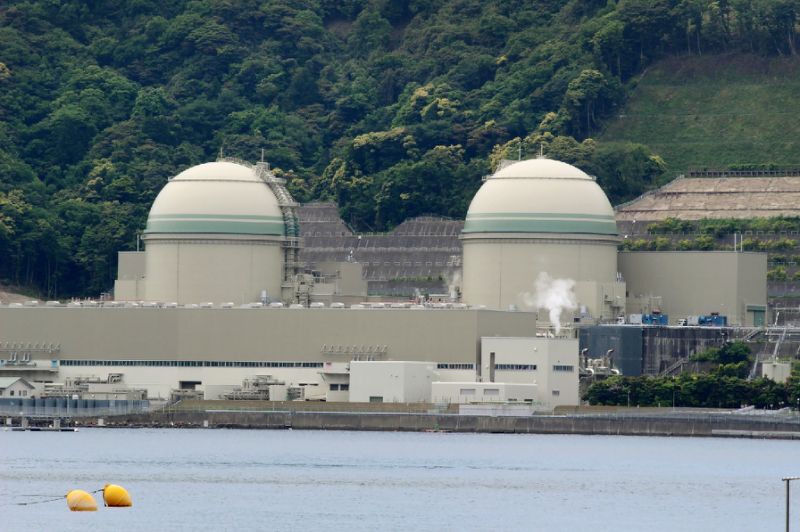Japan company says to close two large ageing nuclear reactors


Tokyo – A Japanese company said Friday it would decommission two ageing nuclear reactors due to difficulty in ensuring safety, as the public remains wary about atomic energy after the 2011 Fukushima disaster.
Kansai Electric Power’s reactors No.1 and No.2 of the Oi plant in central Japan will be decommissioned, the largest reactors to be closed down aside from those at Tokyo Electric’s Fukushima Daiichi plant, the company said in a statement.
A massive tsunami triggered by a 9.0-magnitude earthquake in March 2011 overwhelmed reactor cooling systems at the Fukushima Daiichi plant in northeastern Japan.
It caused reactor meltdowns, releasing radiation in the most dangerous nuclear disaster since Chernobyl in 1986.
The crisis spurred Japan to strengthen its safety regulations under the new Nuclear Regulation Authority watchdog.
Under the new rules, Kansai Electric estimates it would need some $7.3bn to refurbish all of its existing nuclear plants to the required standards.
The closure of the two reactors – each with output of more than 1 million kilowatts – will take place by 2019, 40 years after operations started, a company spokesperson told AFP.
“We decided to decommission as we are prioritising safety and quality in future operations, after we were unable to find an effective technological solution” to emergencies, the company said in a statement.
Prime Minister Shinzo Abe’s government sees nuclear power as an important source of stable energy for the country, and the government’s current plan calls for nuclear power to account for one-fifth of Japan’s total energy needs in 2030.
But a majority of the country’s dozens of nuclear reactors have been idled for safety checks since the disaster.
In October, Tokyo Electric Power (TEPCO), the operator of the crippled Fukushima plant, cleared a major regulatory hurdle to restart two reactors in Japan, its first since the 2011 disaster.